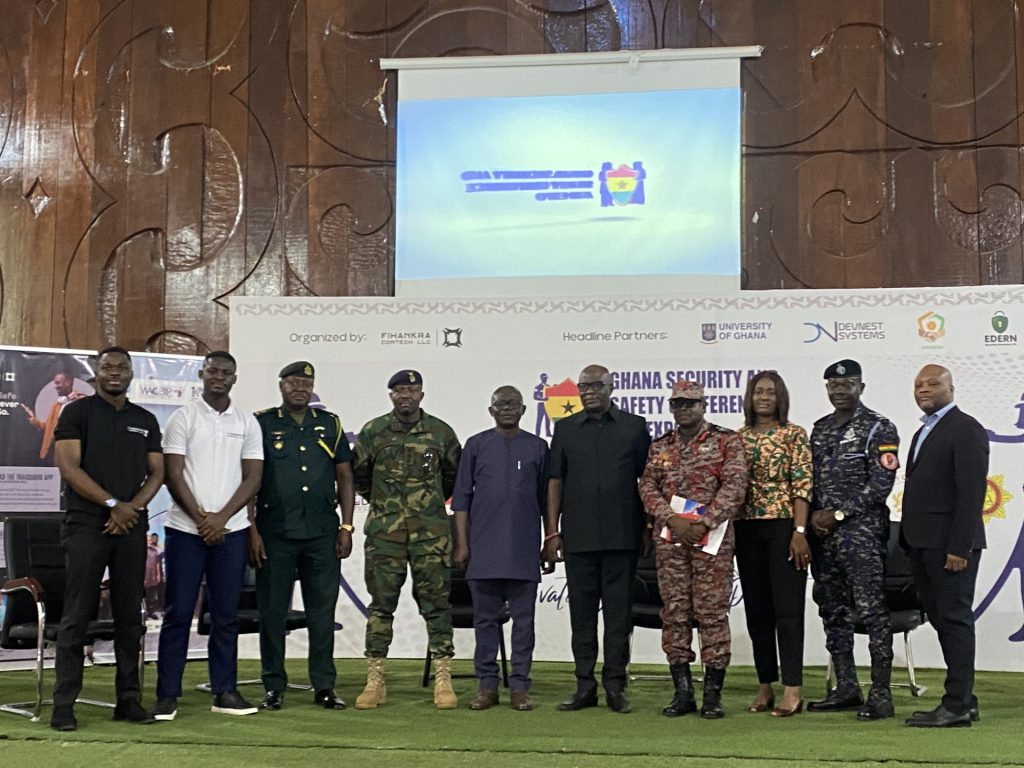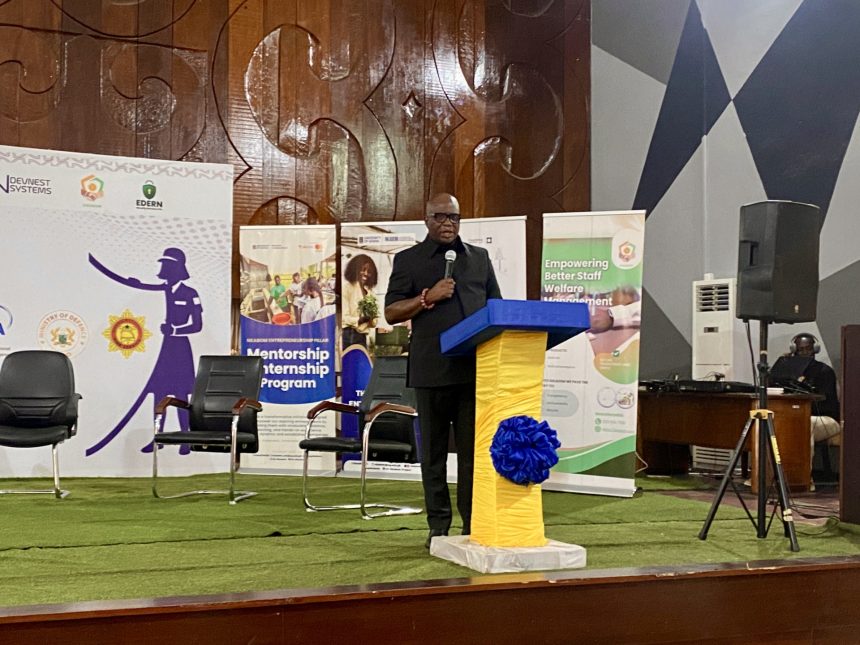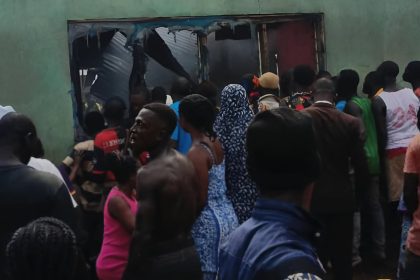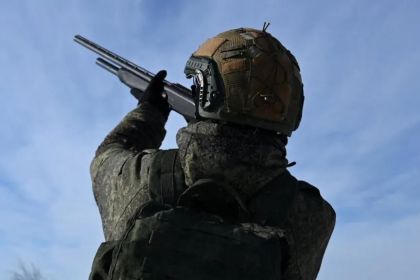Mr Ebenezer Okletey Terlabi, the Deputy Minister of the Interior, has called for renewed commitment to innovation and collaboration to strengthen Ghana’s security and safety systems.
Ghana must adapt to the changing security environment by embracing research, digital innovation, and cross-sector partnerships that enhanced her resilience and national preparedness, he said.
Mr Terlabi made the call whilst delivering the keynote address at the maiden Ghana Security and Safety Conference and Expo on Friday in Accra.
It was on the theme: “Innovating for Safety: Strengthening National Preparedness Against Emerging Threats.”
The event brought together l government officials, academia, leaders of industry and the security sector to deliberate on new approaches to safeguarding communities and promoting national stability.
It was organized by Fihankra ComTech LLC, a Pan-African safety technology company, in collaboration with the University of Ghana, Devnest Systems and other partners.
The Deputy Minister said Ghana’s reputation as a peaceful and democratic nation in West Africa must be sustained through proactive investment in innovation and technology.
“A secure environment is the bedrock of national development, fortune, public confidence, economic growth, and social cohesion,”Mr Terlabi said.
“As we navigate an increasingly complex world, the need for innovative, collaborative, and forward-thinking approaches to safety and security has never been more urgent.”
He observed that the nature of modern threats had shifted significantly from traditional crimes to complex challenges such as cyberattacks, climate-induced disasters, pandemics, and transnational terrorism.
Sharing a personal encounter to highlight the importance of public alertness, the Deputy Minister recounted how he recently received a fraudulent call claiming that his “son” had been involved in an accident and needed urgent funds for treatment.
“I have three daughters, not a son,” he said, cautioning that cyber and phone scams were becoming increasingly sophisticated.
“If it can happen to me, it can happen to anyone. This is where technology is getting us to,” he cautioned.
Mr Terlabi highlighted three pillars crucial to Ghana’s security future; technology, collaboration, and community empowerment.
He said technological advancement, including the use of artificial intelligence, drones, and data analytics, had the potential to transform national security systems by improving intelligence gathering, border control, and disaster response.
He called for collaboration across sectors, noting that no single institution could tackle security challenges alone.
“By working together, we can create a seamless network of preparedness that leaves no one behind.”
Mr Terlabi underscored the importance of engaging citizens to build public trust and vigilance and urged participants to translate the discussions into concrete action.
He called for collective efforts in addressing the country’s security concerns, adding:“One finger cannot lift a load, but many hands make light work. The task of securing our nation is a shared one, and together, we are unstoppable.”
Professor Felix Ankomah Asante, Pro Vice-Chancellor for Research, Innovation and Development at the University of Ghana, who chaired the event, said the conference was timely and necessary, given recent national incidents such as industrial fires, road accidents, and cyber breaches that had exposed vulnerabilities in Ghana’s safety systems.
He said the University’s Research and Innovation Directorate was committed to ensuring that academic research led to real-world solutions.
Prof Asante said the success of Fihankra ComTech, now a Pan-African safety technology company operating in Ghana, Kenya, Namibia, and Tanzania, demonstrated the power of linking research with innovation and entrepreneurship.
Mr Joseph Owiredu, Chief Executive Officer of Fihankra ComTech LLC, said the company’s motivation for initiating the conference was to bridge the gap between government and the private sector in addressing safety and security challenges.

He said sustainable safety solutions could only emerge when innovators, policymakers, and industry players collaborated across national and institutional lines.
Mr Owiredu disclosed that Fihankra ComTech planned to replicate the Conference across other African countries, including Kenya and Namibia, to promote continental dialogue on safety, innovation, and preparedness.
The maiden conference also showcased safety technologies, products, and services developed by Ghanaian entrepreneurs and students, emphasising local capacity in addressing global threats.
GNA






